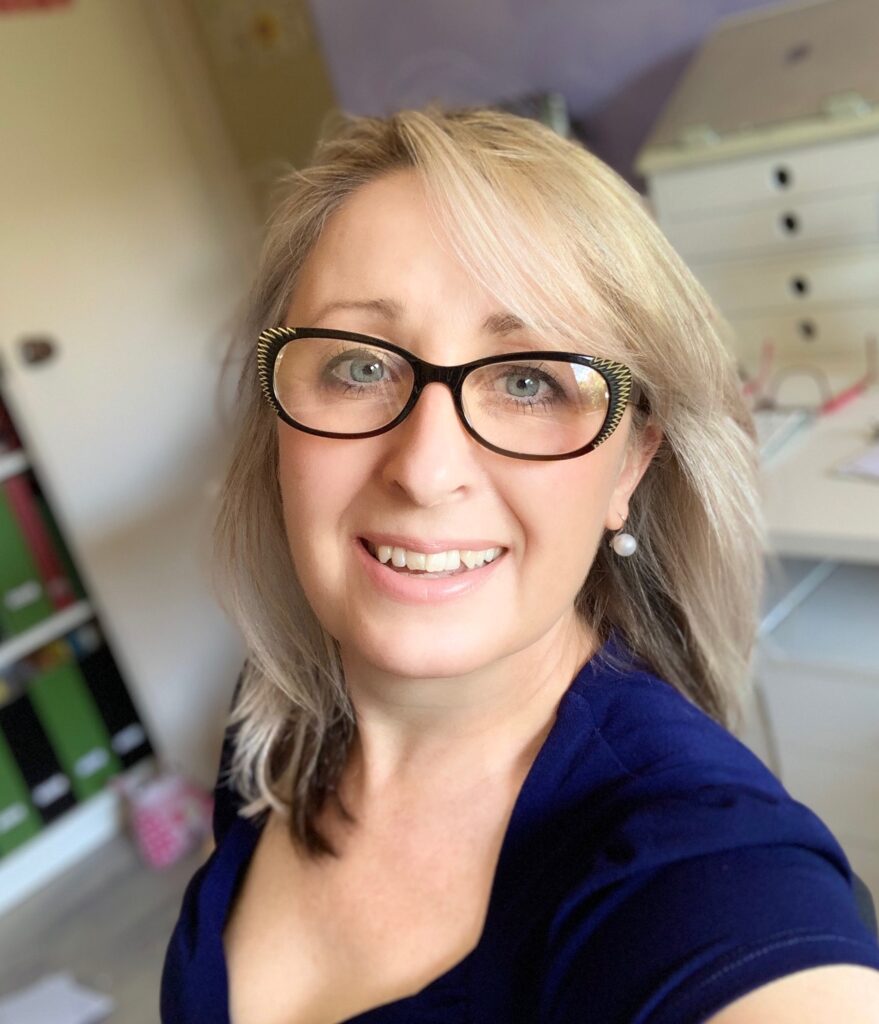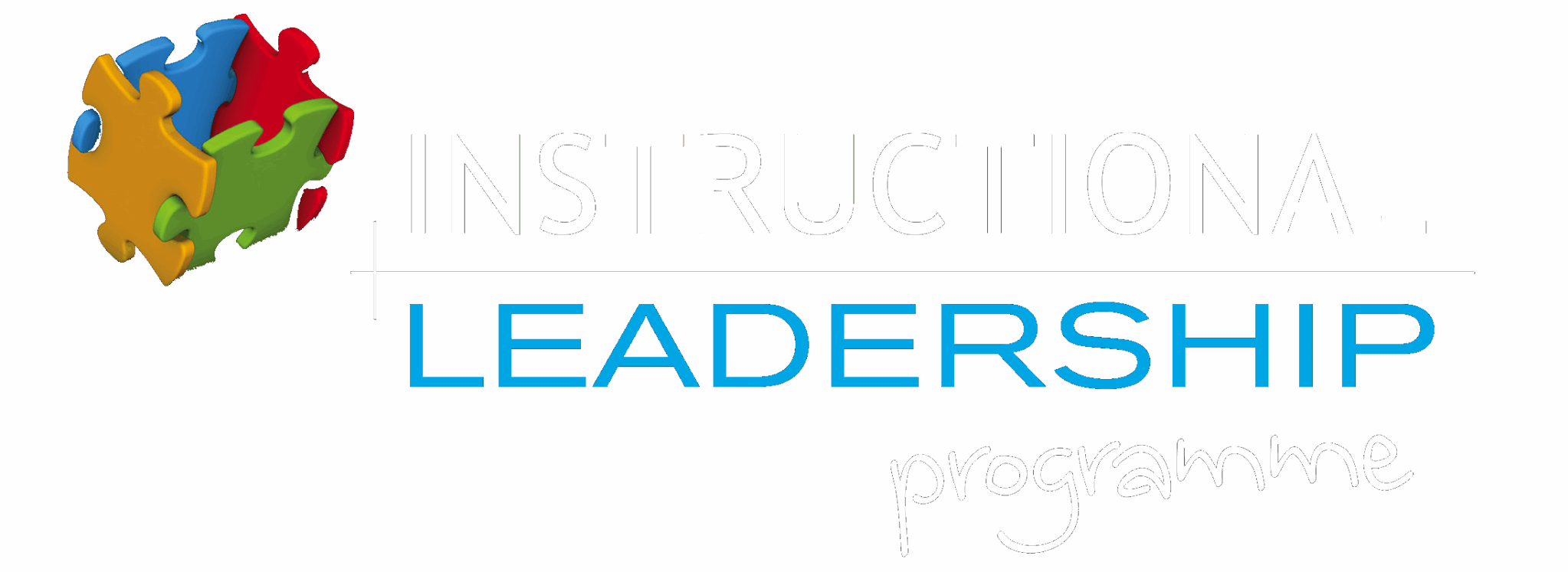Peer Instructional Conferencing and Coaching Programme
Facilitator: Dr Rebecca Saunders, Assistant Professor in Education, Mary Immaculate College (MIC), Thurles.

Overview
The Peer Instructional Conferencing and Coaching Programme is designed to provide teachers with skills to develop positive coaching relationships with peers in order to help them make sustained change in their professional practice. It has been specifically developed for teachers who have successfully completed the IL Programme and wish to extend their professional skills and knowledge, and for schools that wish to support sustainable whole school instructional change initiatives.
No previous knowledge or experience of coaching or conferencing is needed. The programme explores two distinct models, peer coaching and peer instructional conferencing and aims to meet the needs of teachers working in a range of contexts.
The peer coaching model embodies three different coaching dialogues which can be used to help individuals forward plan, identify solutions to problems and reflect on situations, relationships, or issues. The peer instructional conferencing model, taken from Madeline Hunter’s work on the clinical supervision of teaching, incorporates five different types of conferences designed to help teachers develop and refine their use of instructional practice and increase their professional expertise.
Objectives
At the end of the programme participants will be able to:
- Understand the basic skills of peer coaching and the role of the coach.
- Apply a range of peer coaching and conferencing communication skills and apply them ethically and sensitively.
- Understand and lead peer coaching sessions for different purposes and reflect on the process.
- Identify the purpose and use of peer instructional conferencing.
- Apply peer instructional conferencing communication techniques in a positive and supportive manner.
- Lead and reflect upon the use of the following peer instructional conferencing models:
- Conference A – Non-Evaluative
- Conference B – Generating Options
- Conference C – Problem Solving
- Conference D – Evaluative
- Conference E – Professional Growth
Programme Outline
The programme is residential based and is facilitated over three sessions.
If you would like to register or get more information email [email protected]
